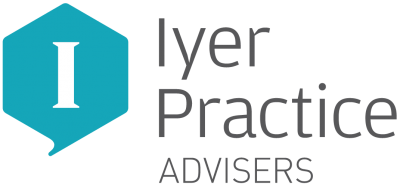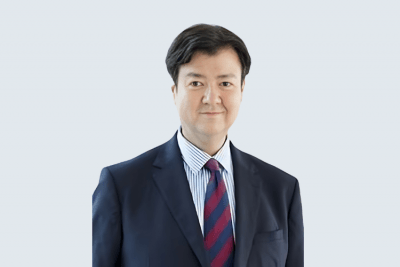Wealth Solutions & Wealth Planning
Meeting the needs of business families in India

Oct 2, 2017
Estate and succession planning, especially for business promoters, is becoming increasingly important in India in the search for smooth and effective ways to protect and transfer assets to the next generation. Professional advice is also now more widely accepted.
Panel speakers
Arpita Vinay, Executive Director, Centrum Wealth Management
Gautami Gavankar, Principal Advisor, Estate Planning, Kotak Mahindra Trusteeship Services
Munish Randev, Chief Investment Officer, Waterfield Advisors
Umang Papneja, Managing Partner & Chief Investment Officer, IIFL Investment Managers
Tarun Birani, Founder and Chief Executive Officer, TBNG Capital Advisors
Shanker Iyer, Chairman, The Iyer Practice
Wealth solutions and structuring is – and will continue to become – more important in conversations with business promoters and other HNI clients in India.
The view among wealth management practitioners is almost unanimous on this point, based on a poll of delegates at the 7th annual Hubbis Indian Wealth Management Forum 2017 in Mumbai.
This is backed up also by the fact that 94% of delegates also believe that the concept of using professional advisers is becoming more accepted among business promoters.
This puts more pressure and expectations on advisers, therefore, to have the knowledge and resources to help their clients. This also includes guiding them away from making common mistakes such as believing their problems are unique to them, or can be handled internally.
These were some of the take-aways from practitioners speaking at the event.
In sharper focus
To further highlight the importance of the role of wealth structuring, practitioners say that conversations with clients no longer start with investment portfolios; today, the main focus is on the promoters talking about the structure of the business and family.
The priority, according to respondents to the audience poll, is succession planning.
This trumps minimising tax and family governance, and also transferring assets to the next generation.
At the same time, speakers agree that transparency initiatives such as the Common Reporting Standard (CRS) and information exchange have created both challenges as well as opportunities for advisers.
For example, it is now more difficult to align strategies with the increasing volumes of tax reporting. Also, financial institutions need to expand their capabilities in these areas, yet practitioners are struggling to find a compliance tool that is capable of scrutinising local tax laws or validating them whenever required.
However, if these roadblocks are addressed sustainably, the opportunity becomes one of streamlining the entire process – and therefore giving an edge in local as well as global tax planning activities.
Further, these and other hurdles to smooth succession planning are driving more and more clients to get advice for the first time.
To help clients appreciate the need for succession planning, practitioners believe that advisers need to spread general awareness on succession planning and related structures.
Finding real cases in Indian society can help. For example, the Ambani family’s feud led many other families to proactively work in the same direction.
This might get held back, however, due to current knowledge levels and activity around preserving and protecting wealth being below what are required for good practices in managing assets.
Also helping the situation is the growth in family offices in India, although only a few of them have a succession plan in place.
Helping to understand and meet the needs of the next generation must also be an area of increasing focus for wealth managers – especially given their different beliefs and aspirations.
Yet many Millennials, say speakers, possess a low-to-medium level of financial knowledge. This then requires wealth managers to use clear, simple and understandable language.
In particular, Millennials tend to demonstrate very different behaviours when compared with the older generation. In terms of personal values, 75% of the next generation wants to stay ‘authentic’, refusing to compromise family or personal values.
A boon for professional advice
According to speakers, the right professionals and advisers for Indian HNI families to engage are those who do not only focus on investment from a singular perspective, but take a holistic approach.
Also, those professionals who have a low conflict of interest, are transparent and independent, tend to be more effective in their work.
Experience and past track-record also speak volumes about credibility.







